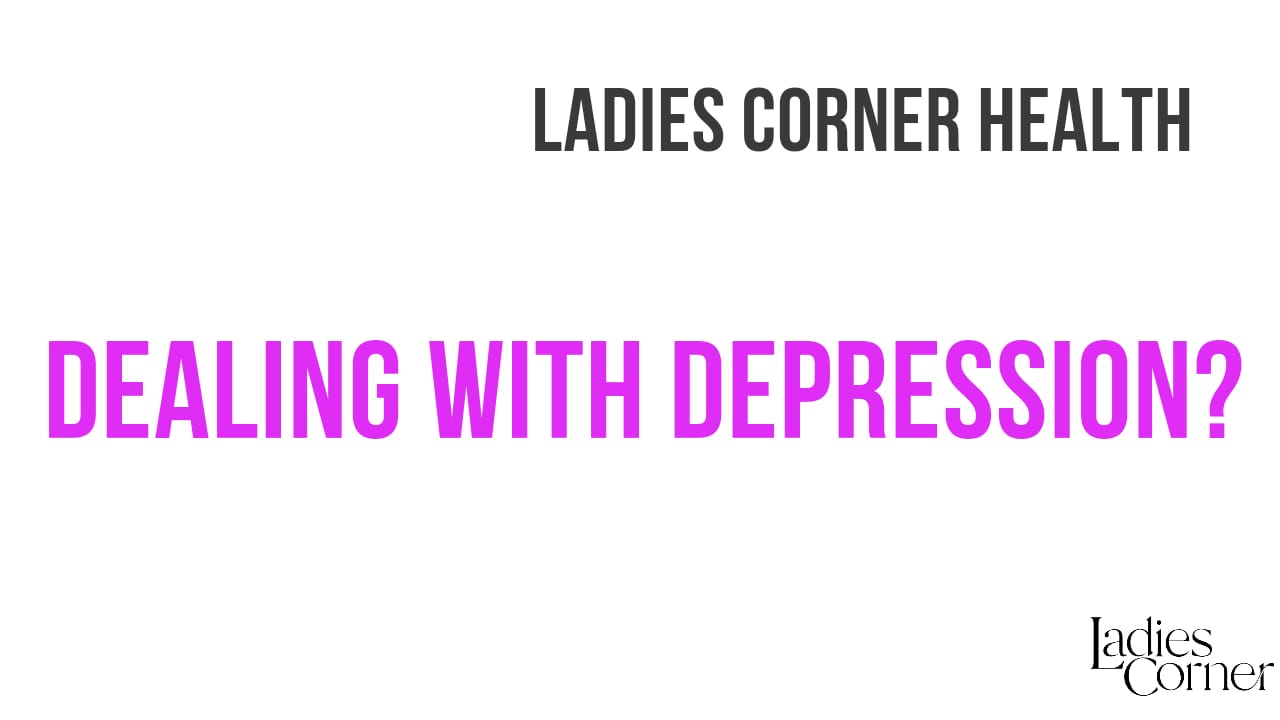
Dealing with Depression this summer
Depression is a mental health disorder characterized by persistent feelings of sadness, hopelessness, and a loss of interest or pleasure in activities. It goes beyond the normal fluctuations in mood that everyone experiences from time to time. Depression can affect various aspects of a person’s life, including their emotions, thoughts, behaviour, and physical well-being.
Some common symptoms of depression include:
Persistent feelings of sadness, emptiness, or hopelessness.
Loss of interest or pleasure in activities once enjoyed.
Changes in appetite, weight, or sleep patterns.
Fatigue or loss of energy.
Feelings of guilt, worthlessness, or excessive self-blame.
Difficulty concentrating, making decisions, or remembering things.
Restlessness or irritability.
Physical symptoms such as headaches, stomachaches, or chronic pain.
Thoughts of death or suicide.
Depression can vary in severity, ranging from mild to severe, and it can be episodic (occurring in distinct episodes) or chronic (persistent over a long period). It is a complex condition that can be influenced by a combination of genetic, biological, environmental, and psychological factors.
It’s important to note that depression is a treatable condition, and with the right support and treatment, many people find relief from their symptoms. If you suspect that you or someone you know is experiencing depression, it’s crucial to seek professional help from a mental health provider for an accurate diagnosis and appropriate treatment.
Reach out to a professional: Consider seeking help from a therapist, psychologist, or psychiatrist. They can provide you with a proper diagnosis and create a treatment plan tailored to your needs. Africa Centre partners with Alberta Black Therapists Network to provide free counselling from various licensed therapists.
Build a support system: Talk to trusted friends or family members about what you’re experiencing. Their support can make a significant difference. If you don’t feel comfortable discussing it with people you know, consider joining support groups or seeking online communities where you can connect with others who understand your struggles.
Take care of your physical health: Engage in regular physical activity, eat a balanced diet, and get enough sleep. Physical well-being can positively impact your mental health.
Establish a routine: Create a daily schedule that includes activities you enjoy and ones that promote your well-being. Having a routine can provide structure and a sense of purpose.
Set realistic goals: Start with small, achievable goals that give you a sense of accomplishment. Celebrating these small wins can boost your motivation and self-esteem.
Practice self-care: Engage in activities that promote self-care and relaxation. This could include hobbies, meditation, deep breathing exercises, journaling, or taking time for yourself.
Avoid self-isolation: While it may be tempting to withdraw from social interactions when you’re feeling down, staying connected with loved ones and maintaining social activities can provide emotional support.
Challenge negative thoughts: Depression often involves negative thinking patterns. Challenge and reframe negative thoughts by focusing on evidence that contradicts them. Cognitive-behavioural therapy (CBT) techniques can be helpful in this regard.
Avoid excessive alcohol or drug use: Substance abuse can worsen depression symptoms and make recovering more challenging. If you’re using substances as a coping mechanism, seek professional help to address these issues.
Consider medication if recommended: In some cases, medication may be prescribed to help manage depression symptoms. Consult with a psychiatrist to discuss the potential benefits and side effects.
Remember, everyone’s experience with depression is unique, and not all strategies work equally for everyone. Finding the combination of treatments and self-care practices that work best for you is important.



